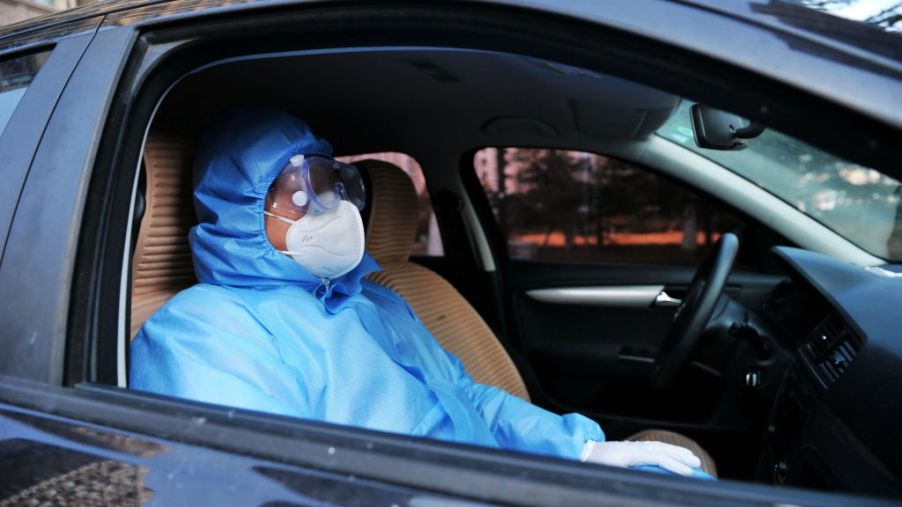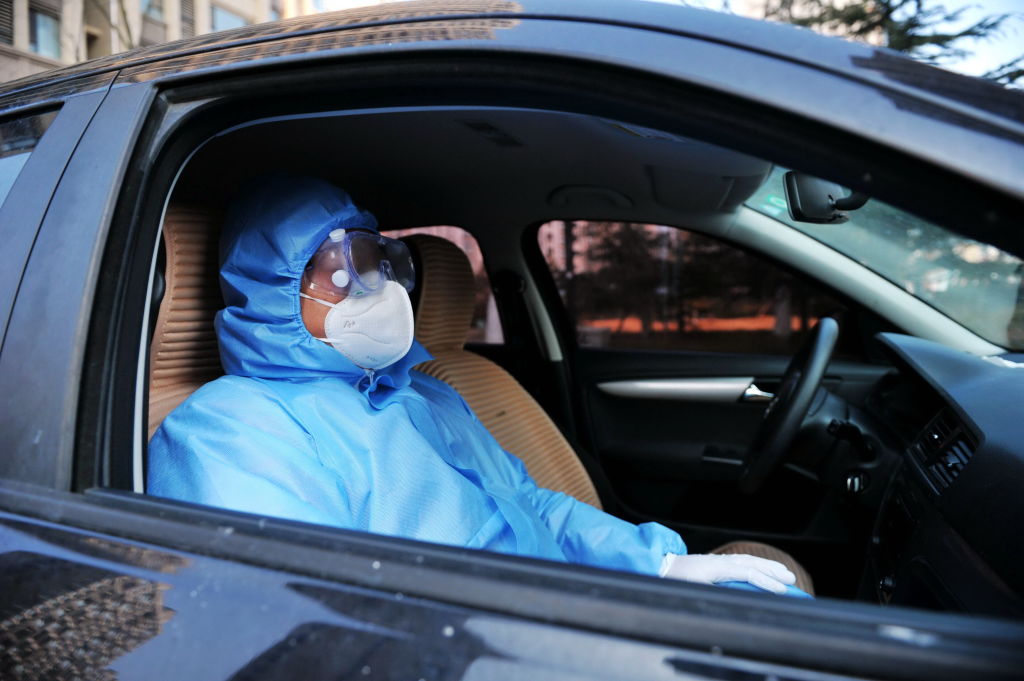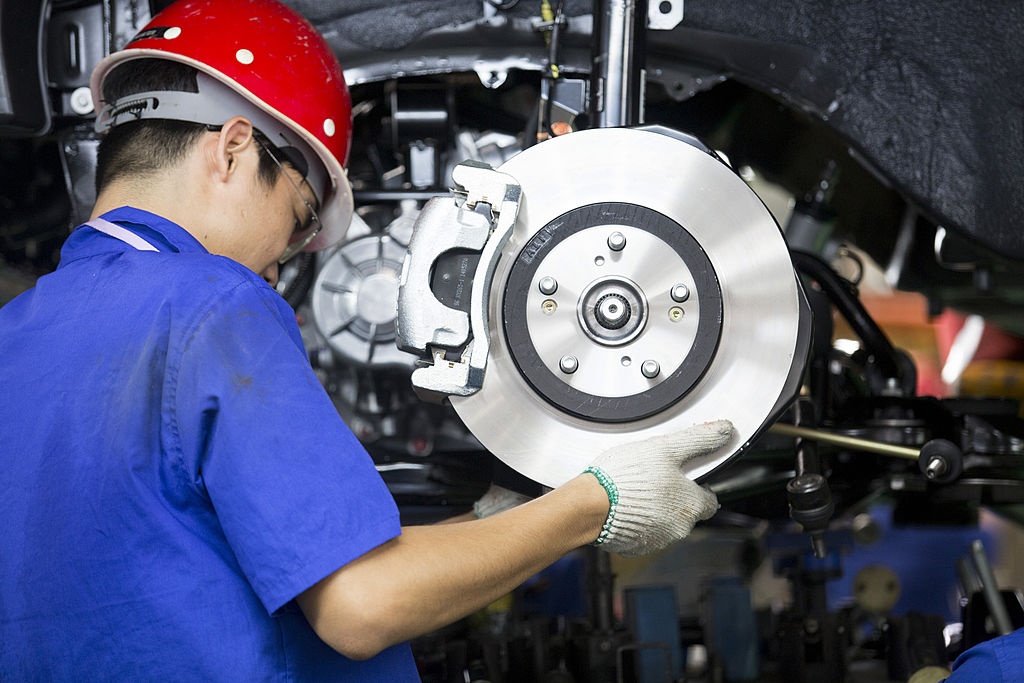
Coronavirus Is Affecting Vehicle Production
News about the spread of Coronavirus and efforts to contain it have been all over the news outlets for months now. For those unaffected, it might be hard to comprehend how something with so enormous an influence on a population overseas could affect the automotive industry in the United States. However, Coronavirus is certainly doing that as we speak.
To make things clear, Coronavirus is not causing catastrophic events in vehicle production. It is, however, creating a disruption or hiccup. Manufacturers are not going out of business. Instead, they are finding temporary workarounds to fill gaps they may have discovered as a result of the rapid Coronavirus spread.
Coronavirus is a serious health situation. As a result, manufacturers all over the world are taking great care to protect their employees. In some cases, this has meant sending people home from plants, canceling large debut events, and relocating scheduled meetings. In other instances, it meant making employees work on laptops from home.
During February, according to Autoblog, there were changes to regular production in China and South Korea by BMW, Chrysler, Fiat/Chrysler, Ford, Honda, Hyundai, Nissan, PSA Peugeot Citroen, Suzuki, Tesla, and Toyota.

The Supply Chain
What does this mean for the United States? The automotive supply chain provides many of the thousands of parts that are necessary to produce an automobile. Smaller manufacturers are also doing what they can to protect their employees. So, the name may not be Chevrolet on the building, but suppliers like Bosch are also adjusting their schedules and making changes.
Think about all the parts encompassed in a wiper motor, power window actuator, or in a braking system. What if one of those parts suddenly wasn’t available? To clarify, the part could be produced in China and sent to the United States for assembly within the wiper motor, power window actuator, or brake caliper. Not having that specific part could slow production significantly, even way over in the United States.
Filling the gaps
The public safety impact related to Coronavirus does not have a timestamp of resolution. In the meantime, supply chain manufacturers are betting they can make up lost productivity gaps in outlier quarters of the year once containment of the virus is successful. They are also scrambling to increase production at their backup suppliers for immediate needs. Remember that the automotive industry is global in nature. Suppliers are found all around the world. Although China is a huge provider, manufacturers can, and are, temporarily looking elsewhere for parts production and fulfillment.

Brake installation | Brent Lewin/Bloomberg
The workarounds that fill the supply chain productivity gaps are great for restoring or continuing production. Nevertheless, there is a considerable economic impact on the companies. As a result, some of the increased costs will have to be absorbed by the companies that have already published contractual pricing arrangements.
In the few cases where contract renegotiation is possible due to emergencies, expect any increased pricing to make its way from the supplier to the manufacturer, and then to the consumer. Some of those changes may be minimal, perhaps only a few pennies per part, but there could also be changes amounting to hundreds of dollars for completed components.
Monitoring and adjusting
It is fair to say then, that the global automotive industry is watching their own government responses and the World Health Organization closely for guidance and details on the Coronavirus containment and eradication efforts. Until such time that the virus is no longer a health concern, the industry will continuously evaluate the supply chain for the best cost and path to the consumer.
For now, it’s just another day of monitoring and adjusting appropriately, which is something that was already done prior to the Coronavirus outbreak with situations such as civil unrest, mudslides, hurricanes, etc. Though the concern has changed, adjustments have always been in the playbook of the automotive industry, even in the United States.


